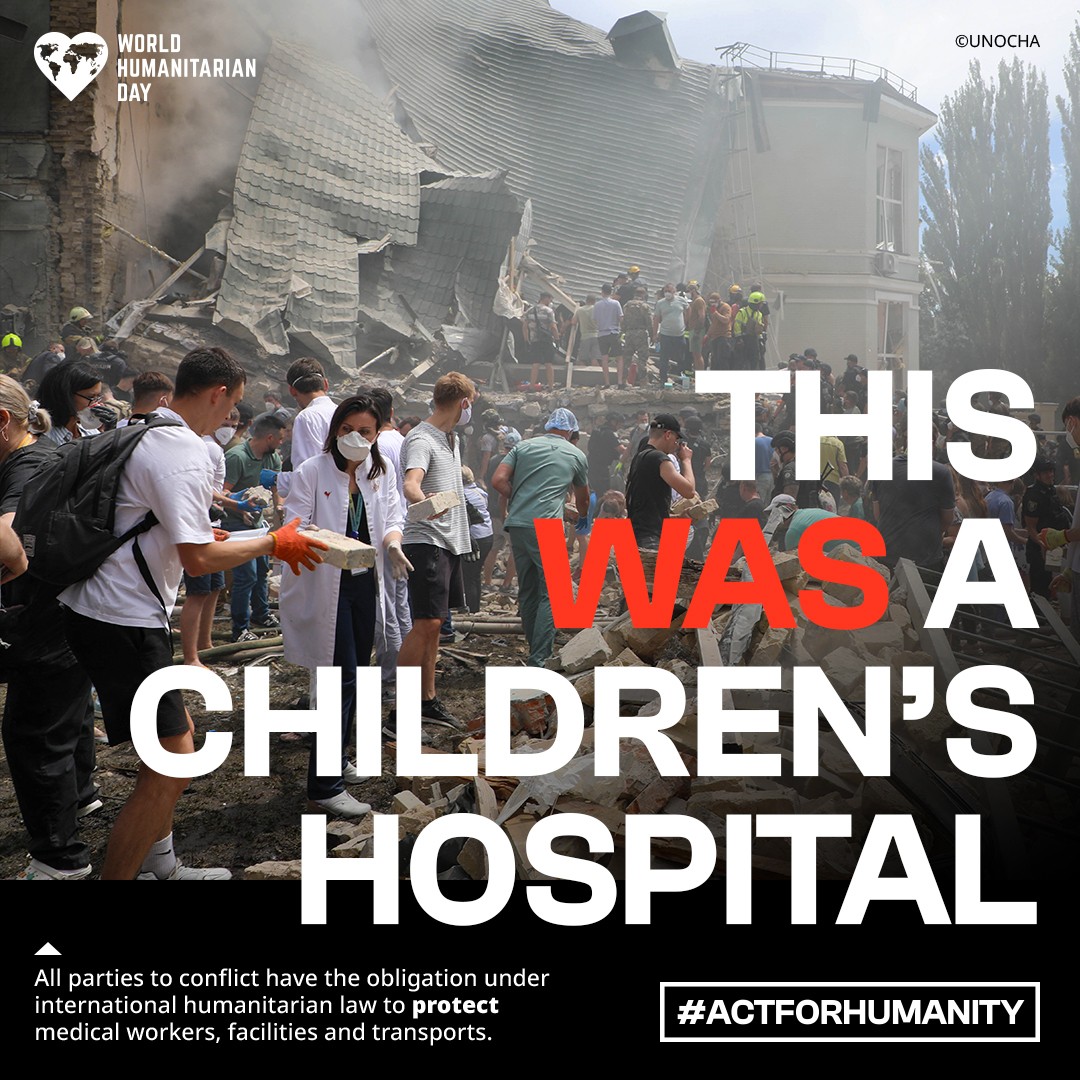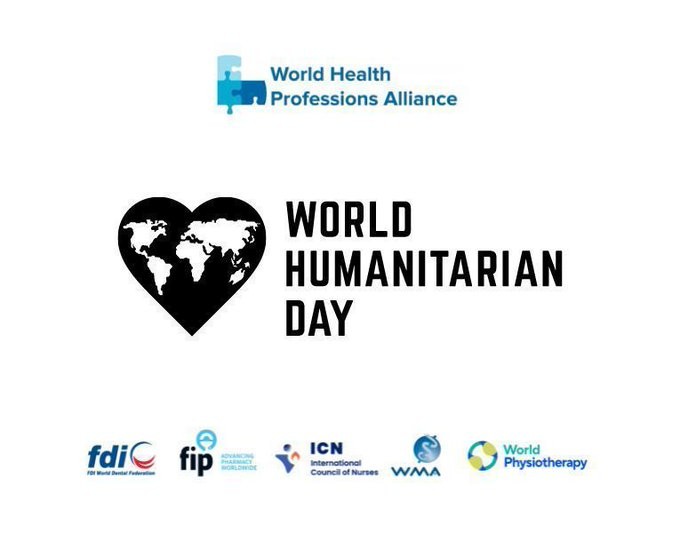World Physiotherapy, as part of the World Health Professions Alliance (WHPA), condemns the escalating violence targeting healthcare facilities and personnel and calls for protection in conflicts.
To mark World Humanitarian Day on 19 August, WHPA is calling for health professionals to sign WHPA’s call to provide health care facilities and personnel in conflict zones with the protection required by international humanitarian law.

Health professionals in 76 countries/territories around the world have already signed the call, which comes in response to a significant increase in attacks targeting health care, with incidents becoming far more deadly. According to global WHO data, the number of attacks resulting in deaths or injuries to health personnel has increased by 75% in the last three years compared to the previous three years. These attacks have led to a devastating 240% increase in deaths of personnel and patients.
Catherine Duggan, WHPA chair and TIP chief executive officer, said: “If world leaders continue to look away when international humanitarian law is breached, when health professionals are targeted, killed or injured in the course of their daily work in conflict zones, then the perpetrators will continue their attacks on health facilities and personnel. The WHPA calls on leaders to uphold existing laws and hold those who violate them to account. Health professionals in conflicts provide care regardless of political, religious or ethnic affiliation, and often risk their own lives in doing so. We urge all health professionals to sign the WHPA Open Letter and support our call for health facilities and personnel to be safeguarded from harm.”
Michel Landry, World Physiotherapy president, said: “Physiotherapy is a vital component of healthcare and plays a significant role in humanitarian aid by improving the quality of life for people affected by disasters, conflicts, and other crises. Physiotherapists work tirelessly to rehabilitate survivors, helping them regain mobility, strength, and independence. Their expertise is crucial in addressing injuries from natural disasters, such as earthquakes and floods, as well as trauma from war and displacement.
“In crisis situations, physiotherapists often operate in makeshift clinics with limited resources, yet their impact is profound. They provide essential care, from emergency response to long-term rehabilitation, ensuring that vulnerable populations receive the support they need to recover physically and emotionally.
“We remember the physiotherapists killed during conflicts and our thoughts are with their families, friends and colleagues.
“We support WHPA’s call and we continue to collaborate with our member organisations and humanitarian organisations to deliver specialised care to people in need around the globe. These collaborations enhance the effectiveness of humanitarian missions, ensuring comprehensive health interventions that address both immediate and long-term needs.”

World Humanitarian Day is marked on 19 August, the day in 2003 when 22 UN aid workers were killed in an attack on the UN headquarters in Baghdad, Iraq. The activity brings together partners from across the humanitarian system to advocate for the survival, well-being and dignity of people affected by crises, and for the safety and security of aid workers. It is organised by the UN Office for the Coordination of Humanitarian Affairs (OCHA).


